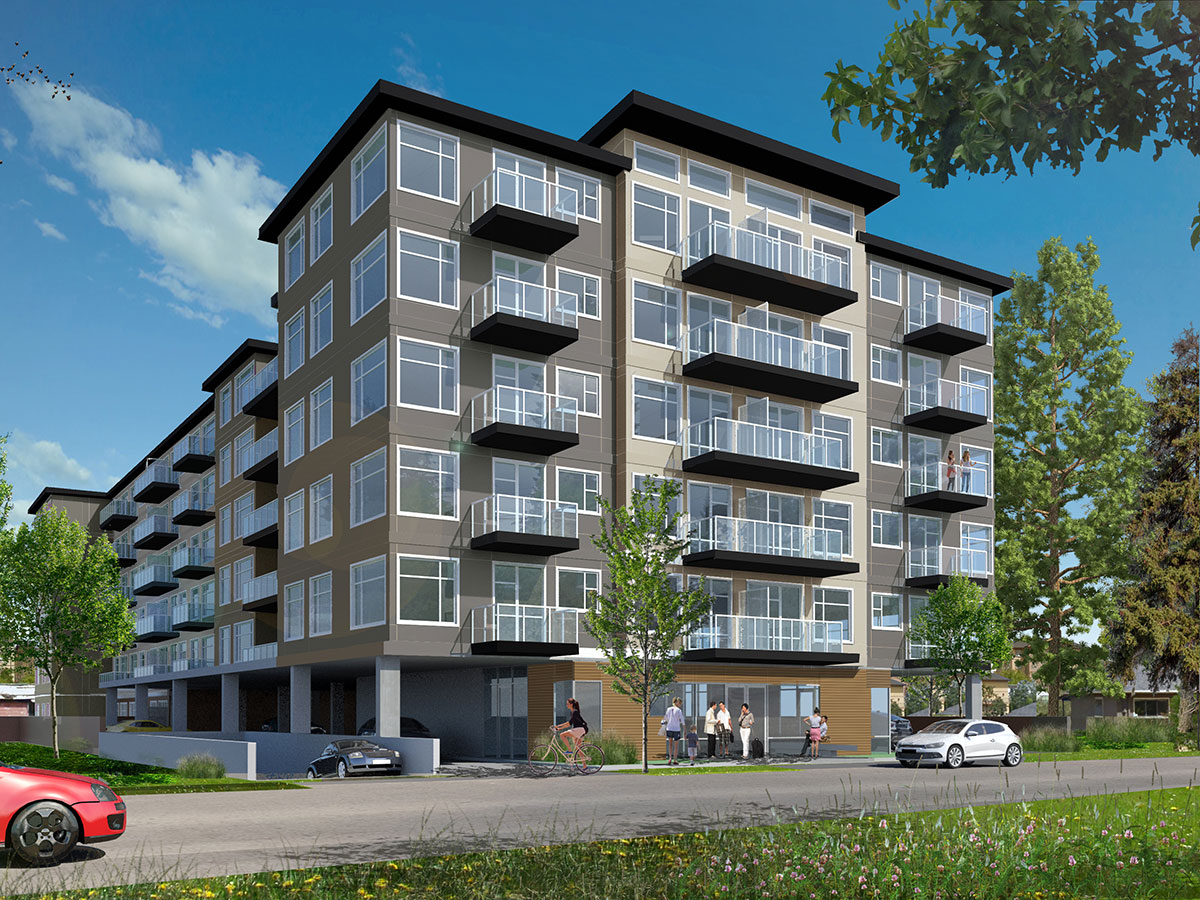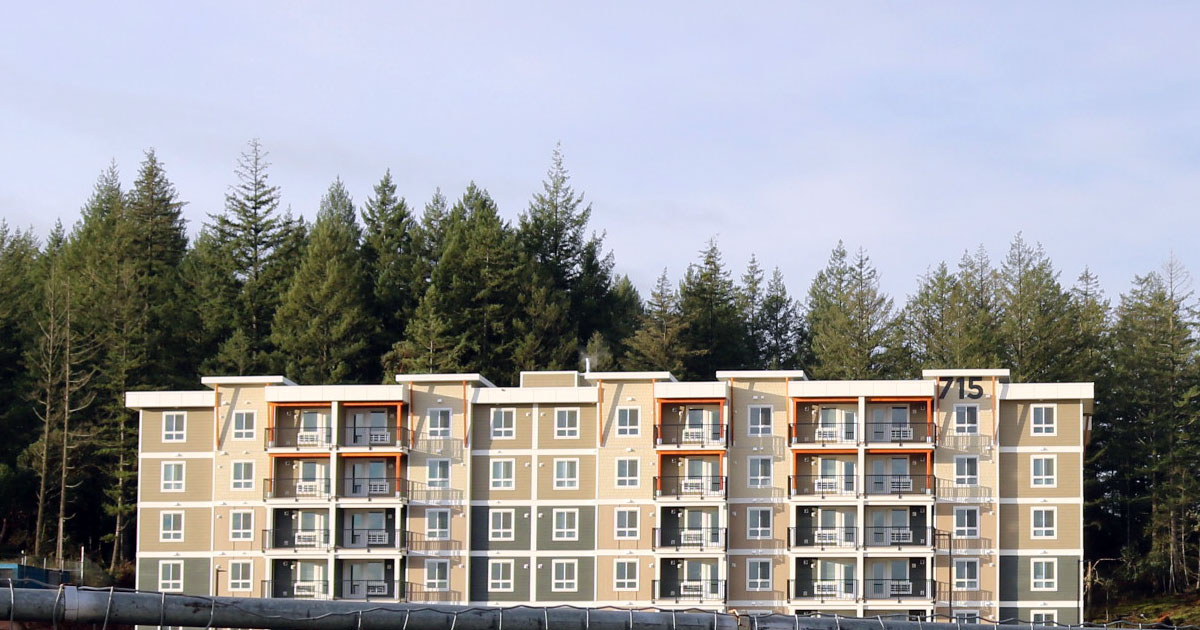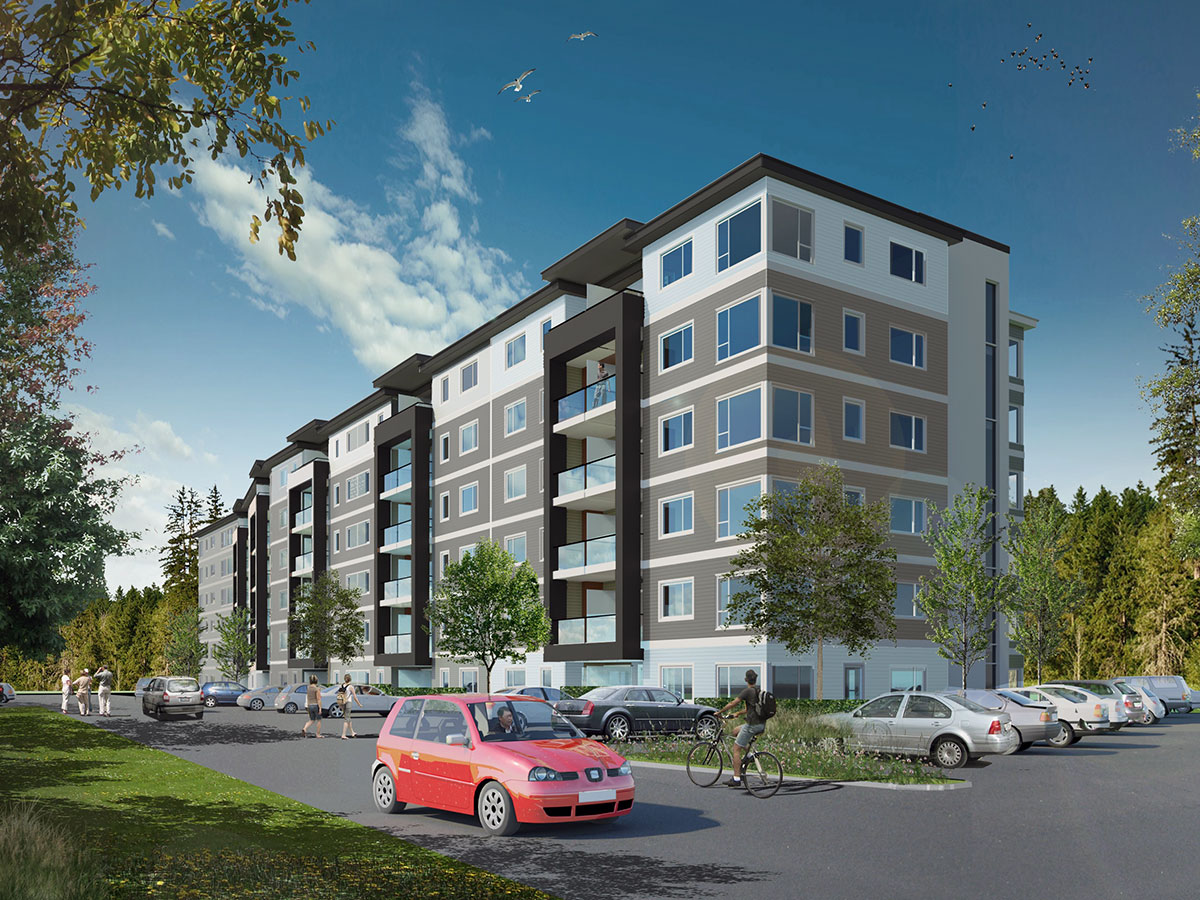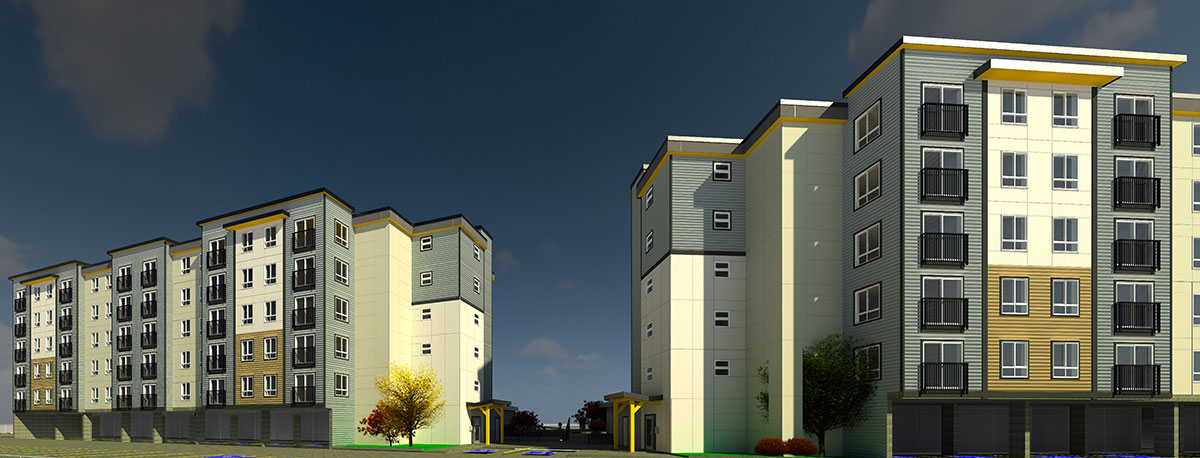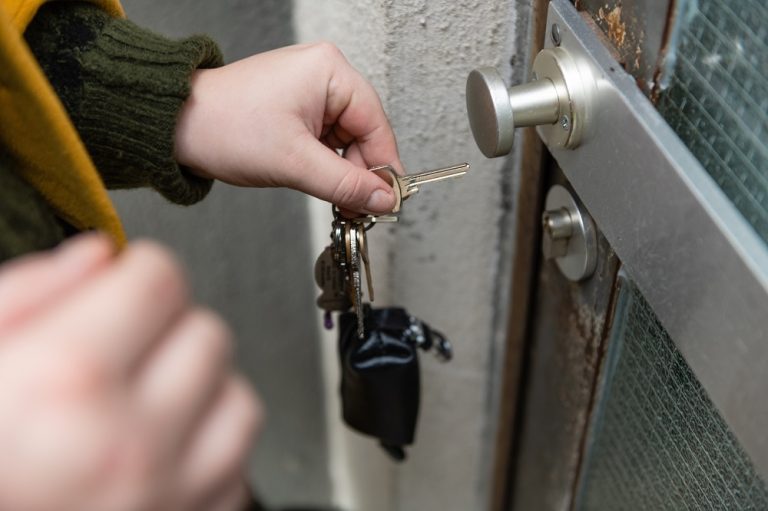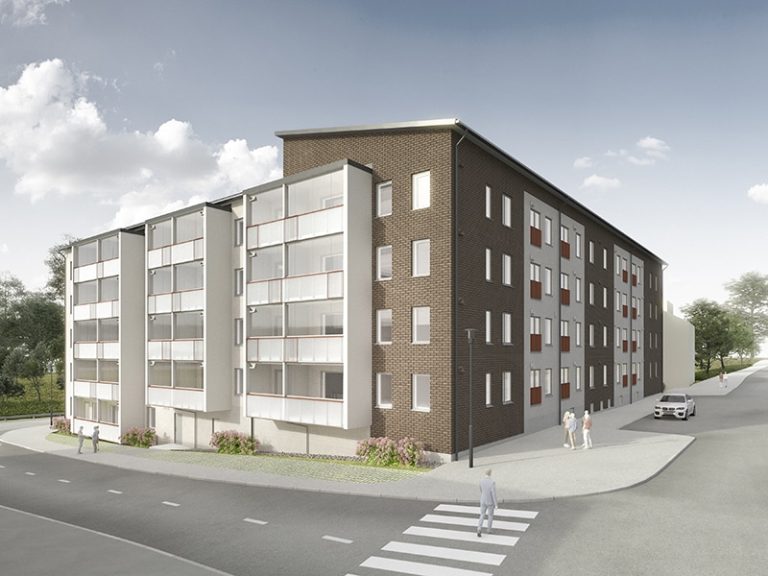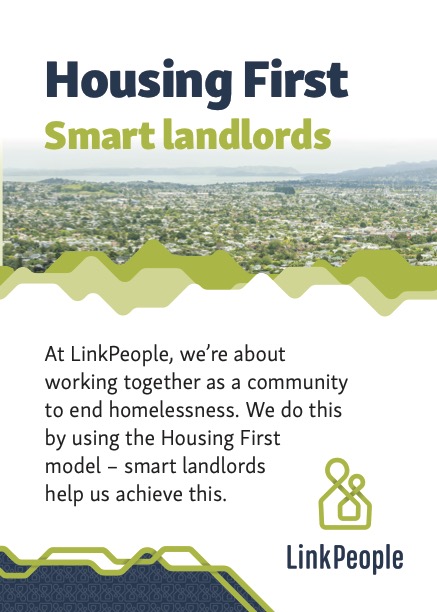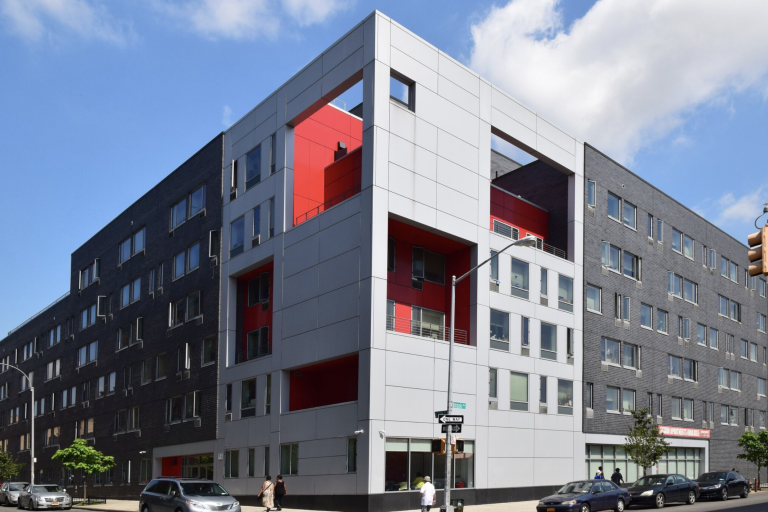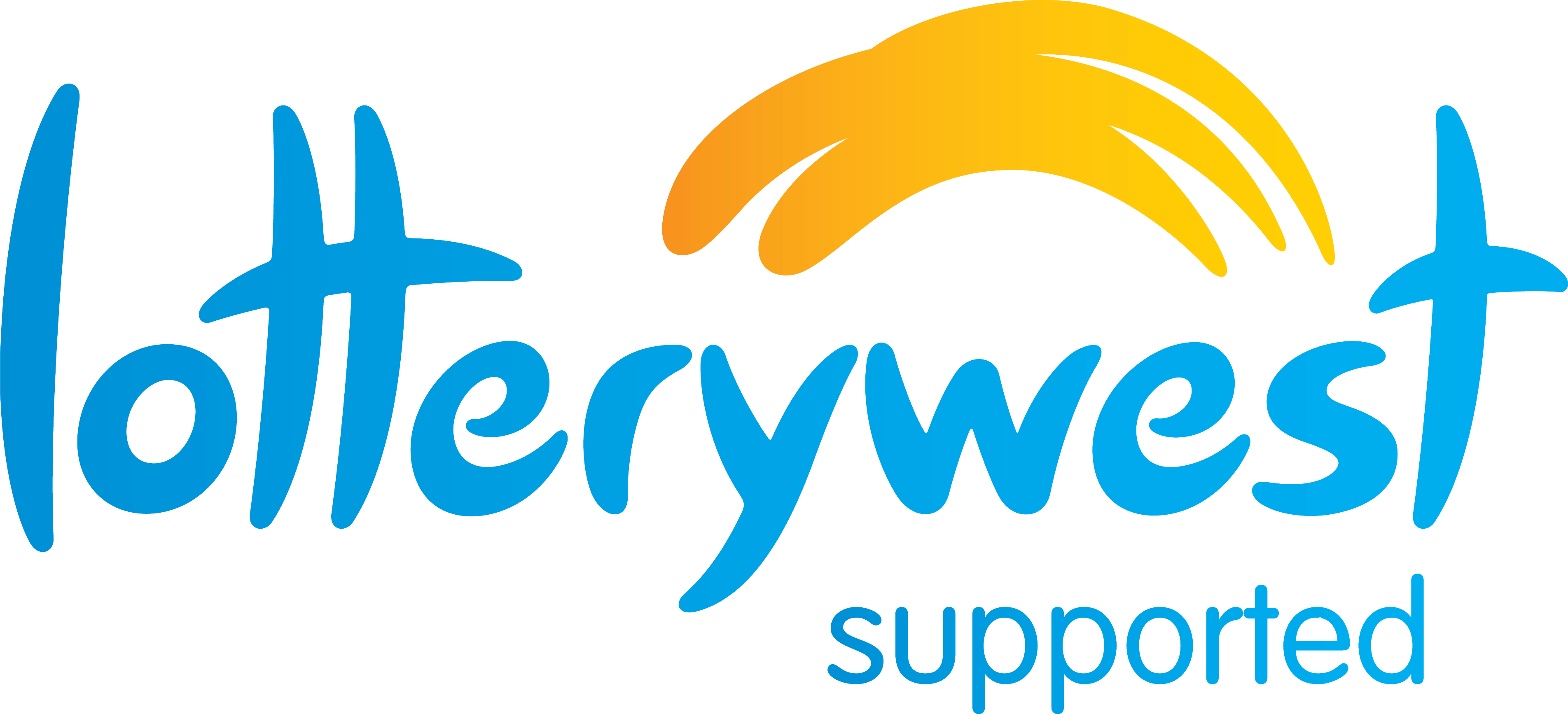The Regional Housing First Program (RHFP) is an innovative intergovernmental coalition between the Capital Regional District (local government), the BC Government (provincial government) and the Canada Mortgage and Housing Corporation (CMHC) in regional British Columbia. At its core, the RHFP aims to eliminate chronic homelessness by providing capital grants for new affordable rental housing under a public-private partnership (PPP).
Through theRHFP, the coalition and its stakeholders aim to meet a broad range of housing needs, assisting individuals experiencing homelessness into long-term high-quality housing coupled with wrap-around support.
Built form
The RHFP has delivered three housing developments consisting of 532 affordable homes within the Vancouver Island and Gulf Islands region. An additional six developments comprised of 479 units are currently under constructionor in the planning process (June 2021). RHFP developments are multi-tenure housing of medium to high density. Each development typically offers a mix of studio, one- and two-bedroom homes with a private kitchen and bathroom. Essential appliances such as refrigerators, washers, dryers are also included in each home.
Universal design principles are followed for ease of mobility, and a proportion of all developments include homes that are wheelchair accessible. To meet Canada’s climate action agenda, RHFP housing is designed and constructed to achieve BC Energy Step Code, an optional compliance path in the provincial Building Code that exceeds mandatory energy-efficiency requirements.
Building amenities typically include laundry, a playground, bicycle storage, electric bike plug-ins and electric car charging stations. A prerequisite of all prospective RHFP housing developments is that they are located within close proximity to transit, shops, employment opportunities, nature trails and recreation facilities.
Financial details
The Regional Housing First Program involves a funding amount of CAD$120 million investedequally by the intergovernmental coalition. While this initial amount has been allocated to underwrite the costs of 400 affordable housing units, the coalition is committed to scaling up the RHFP to $400 million. This capital investment fund will create upward of 2,000 affordable homes across the region.
The development of RHFP housing involves a PPP funding model, providing not-for-profit and private market developers the opportunity to propose viable projects that meet the program criteria (see the Request for Proposal process). Herein, successful applicants gain access to low-interest, government-backed construction financing (CMHC) and the RHFP will purchase 20 per cent of units up-front, further reducing the amount of debt financing for the development.
This means that 20 per cent of units in a single RHFP building are purchased directly via the RHFP. These homes are prioritised for individuals exiting homelessness. Of the remaining units, thirty-one per cent must be allocated at affordable below-market rents, and the remaining 49 per cent can be let at market rents. Revenue from all units will cover the operating and maintenance costs.
Property and tenancy management
RHFP properties and tenancies are typically managed by the Capital Region Housing Corporation (CRHC) or local housing organisations. For tenants exiting homelessness, rents are set at a small proportion of government income assistance (usually 25 per cent).
Island Health is responsible for providing a range of outreach support services based on the individual needs of people living in the RHFP housing. Using a person-centric approach, Island Health’s outreach model of support aims to empower individuals, reduce stigmatisation and promote social inclusion and community integration.
Further information
For further information about Regional Housing First Program, please visit: https://www.crd.bc.ca/project/regional-housing-first-program/how-it-works
Additional resources for this profile
Regional Housing First Program Implementation Plan: https://www.crd.bc.ca/docs/default-source/housing-pdf/housing-first/rhfpimlementationplan14-sep-2016appendix-a.pdf?sfvrsn=f6ed2fca_2
